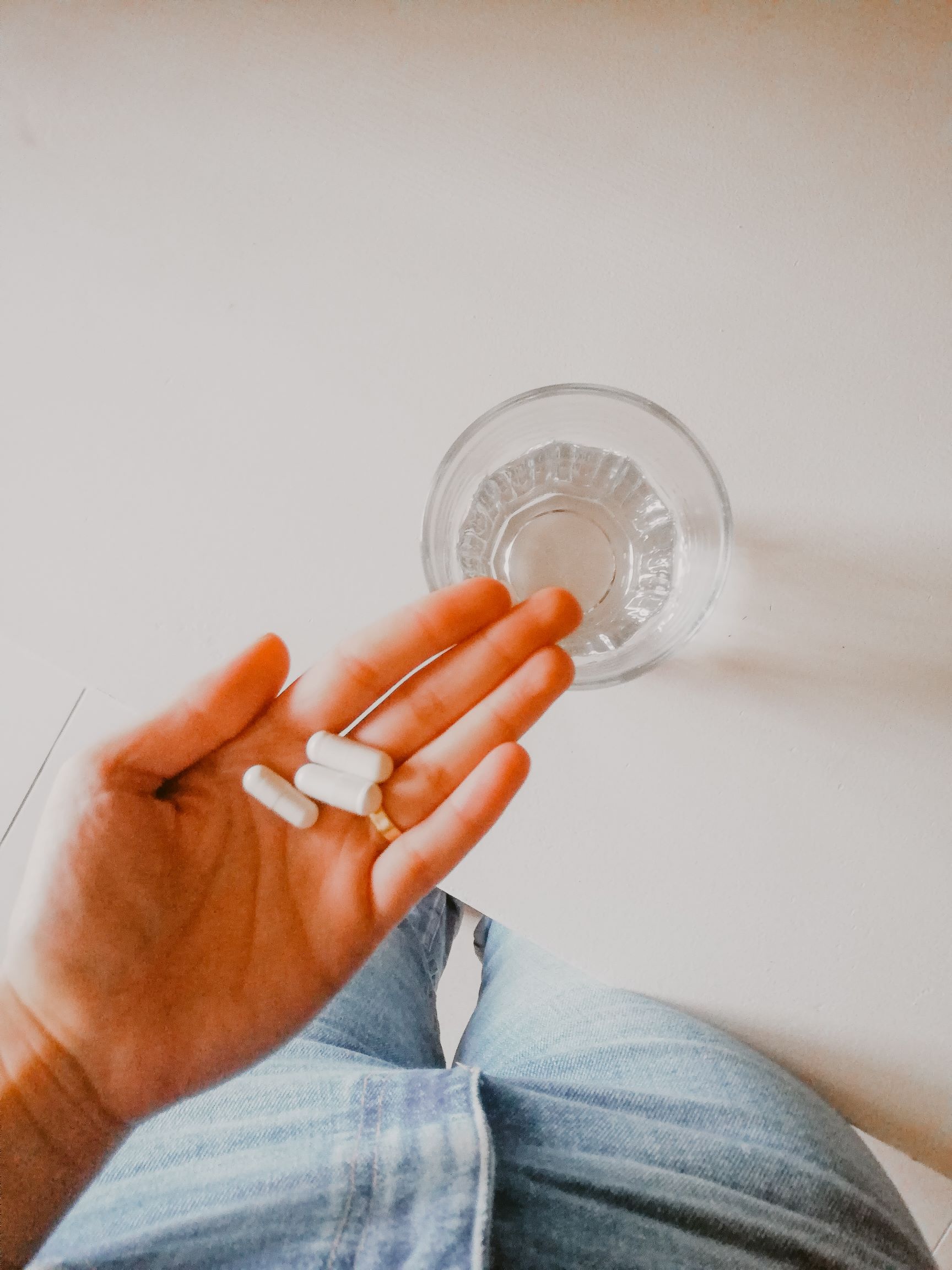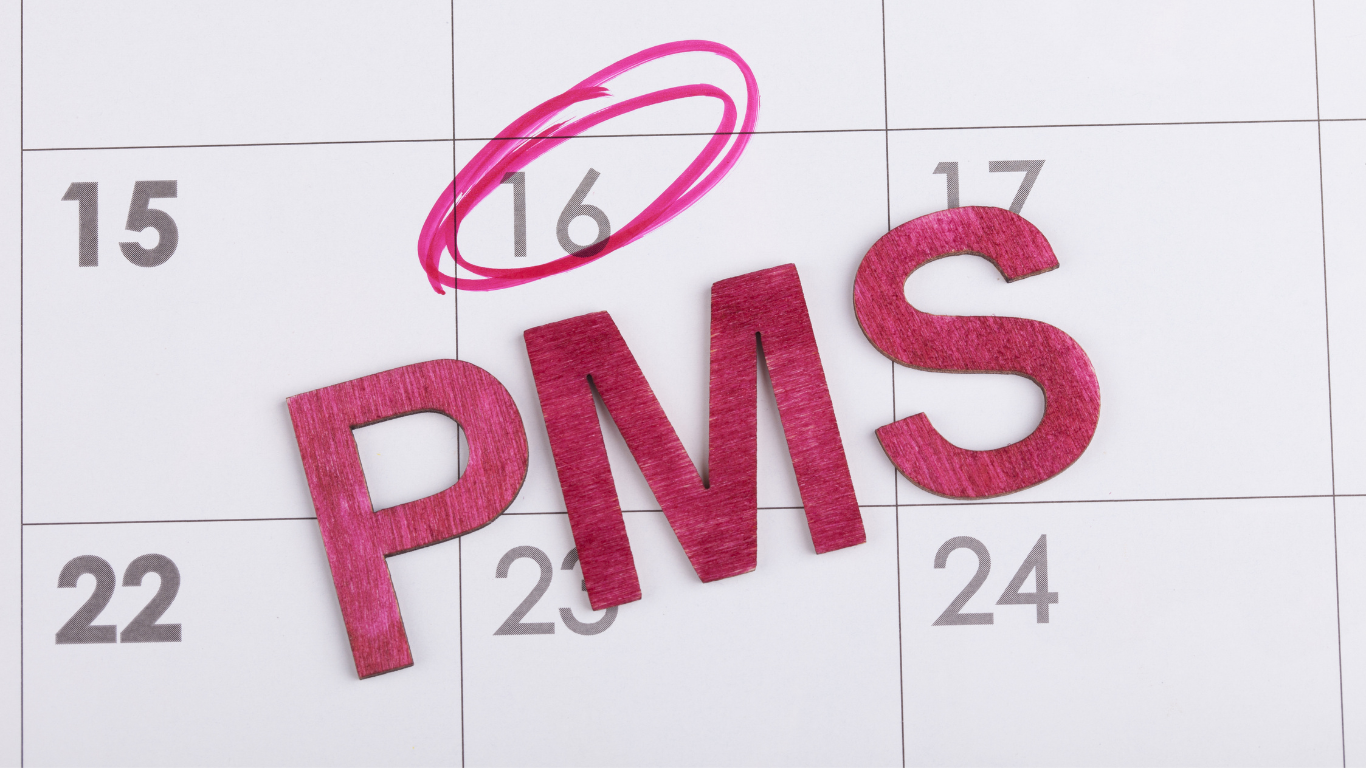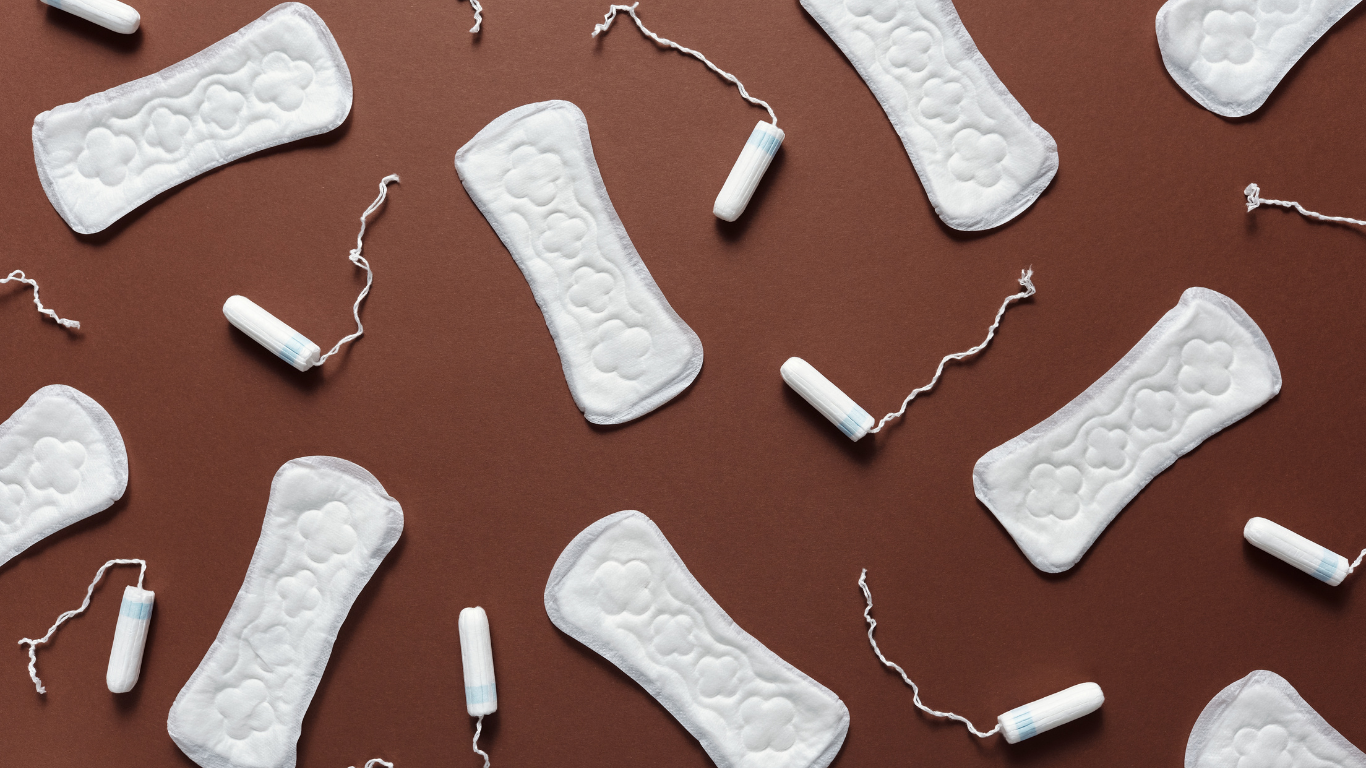
Disclosure: This blog post contains some affiliate links. The author will receive a small commission through some of the highlighted products but this did not influence which products have been recommended. Where discount codes have been provided, the author will not receive benefit as a result of you utilising the code – it’s just a gift for you!
As fertility research has advanced, there has been an increase in attention to the role of supplements in supporting reproductive health. Among these supplements, Coenzyme Q10 (CoQ10) has emerged as a promising option for enhancing fertility. Read on to find out more about the link between Coenzyme Q10 and fertility, and understand how this natural superhero can benefit fertility.
What is Coenzyme Q10?
You may be wondering what CoQ10 actually is. CoQ10, also known as ubiquinone or ubiquinol, is a naturally occurring compound in our bodies that plays a crucial role in energy production within cells. Beyond its role in energy production, CoQ10’s antioxidant properties make it an important factor in reproductive health. There are two primary ways in which CoQ10 aids in enhancing fertility and cellular functioning:
- plays a vital role in supplying energy for the enzymatic reactions, essential in egg production and the development of embryos
- functions as a potent antioxidant within our cells. CoQ10 functions by safeguarding our cells and reducing the harmful impact of free radicals on our reproductive system
What does Coenzyme Q10 do for fertility?
While fertility discussions frequently center on female factors, it is essential to acknowledge that male reproductive health holds equal significance. Research has demonstrated a link between CoQ10 and fertility in both males and females.
Impact of Coenzyme Q10 on female fertility:
- Impaired egg quality and subsequently impaired fertility can occur when CoQ10 levels are insufficient (1)
- A CoQ10 supplement can increase the chance of pregnancy and improve embryo quality, especially in women over the age of 35 (2)
- It can have beneficial effects for women with PCOS by improving insulin resistance and hormone levels, subsequently supporting fertility (3)
Impact of Coenzyme Q10 on male fertility:
- supplementation of CoQ10 shows an improvement in DNA fragmentation, sperm concentration, sperm count, and motility, which are critical factors affecting male fertility (4)
- supplementation within the dosage range of 200-300mg/day is more effective in improving sperm parameters compared to obtaining CoQ10 solely from food sources (5)
Men can also benefit from a comprehensive approach; beyond CoQ10, our best male fertility supplements for 2025 guide outlines other key nutrients to improve sperm quality.
Dosage and considerations:
CoQ10 supplements are available in two forms: ubiquinol and ubiquinone. Ubiquinol is more effective as it is the activated version and is easily absorbed. Nonetheless, taking ubiquinone is still beneficial as it converts to ubiquinol in the body.
Your required dosage may vary based on individual health conditions and goals, it is essential to seek personalised advice from a healthcare professional before incorporating CoQ10 into your daily supplement routine. If you’re also looking for clarity on which nutrients are commonly discussed in the research for supporting female fertility, you may find our guide to evidence-based fertility supplements for women helpful.
Coenzyme Q10 and fertility over 40
As you can see, CoQ10 demonstrated promising benefits on fertility. As women age, the number and quality of our eggs and our CoQ10 levels naturally decrease. By the time a woman reaches her 40s, she may have fewer eggs, making conception more difficult. Additionally, the decline in egg quality leads to a higher risk of miscarriage and other pregnancy complications (4).
Over the last two decades, conception rates for women aged 40 years and older have more than doubled (5). Supplements such as a CoQ10 are very helpful for women in this age bracket as they can improve egg quality. This may subsequently improve fertility outcomes, particularly in those over the age of 35.
If you’re considering adding CoQ10 to your routine, the table below outlines the options we most commonly recommend in clinic, along with who they tend to suit best
| Supplement | Best for | Why | Discount |
|---|---|---|---|
| Zita West Kaneka Ubiquinol (The Premium Option) | Those preferring the active, body-ready form of CoQ10. | Focuses on Kaneka Ubiquinol, often considered more bioavailable than ubiquinone. 200mg per daily serving | no discount |
| MicroCell CoQ10 (Standard) | Those looking for a straightforward, high-dose CoQ10 | 200mg of Ubiquinone, the standard form of CoQ10. | no discount |
What else can I do to support my fertility?
It is important to note that while CoQ10 shows promising benefits for fertility, it is essential to recognize that it is not a magical solution guaranteeing pregnancy. Nutrition is just one of the various factors that influence the complex process of fertility. The nutrients we consume have a significant impact on the quality of eggs. Therefore, maintaining a nutrient-rich diet is crucial for developing healthier eggs and improving female reproductive outcomes.
To support fertility, it is vital to ensure our bodies receive all the necessary nutrients that promote reproductive processes at their best capacity. By optimizing the nutritional composition of our diet, CoQ10 can be a valuable addition to fertility support, but it should be complemented with a holistic approach that includes a well-balanced diet and a healthy lifestyle, enhancing egg quality and the likelihood of conception. To learn how to create a diet that supports optimal egg quality, check out our
How to improve egg quality guide and 2-week meal plan
The takeaway
The association between CoQ10 and fertility is widely recognized. Taking a CoQ10 supplement can be beneficial for fertility. It is essential to complement this with dietary adjustments. For personalized advice, it is recommended to consult a fertility specialist, a Specialist Fertility Dietitian, or a Nutritionist.
With appropriate support and dietary management, it is possible to effectively improve fertility. For more comprehensive guidance, you can explore our detailed evidence-based guide which includes all the details you need on diet, lifestyle, and supplements as well as 2 weeks’ worth of recipes optimized for improving egg quality –
How to Improve Egg Quality Guide and 2-week meal plan.
Last Reviewed: July 2025
This article was written by the Fertility Dietitian UK content team and reviewed by Ro Huntriss MSc RD, Consultant Dietitian and Founder of Fertility Dietitian UK.



